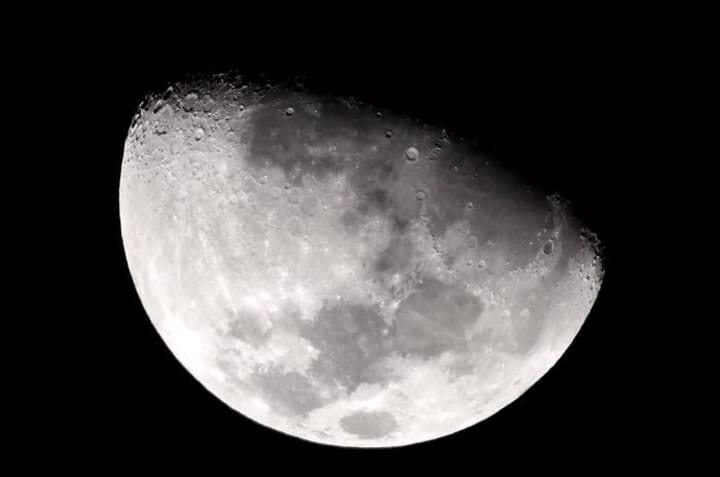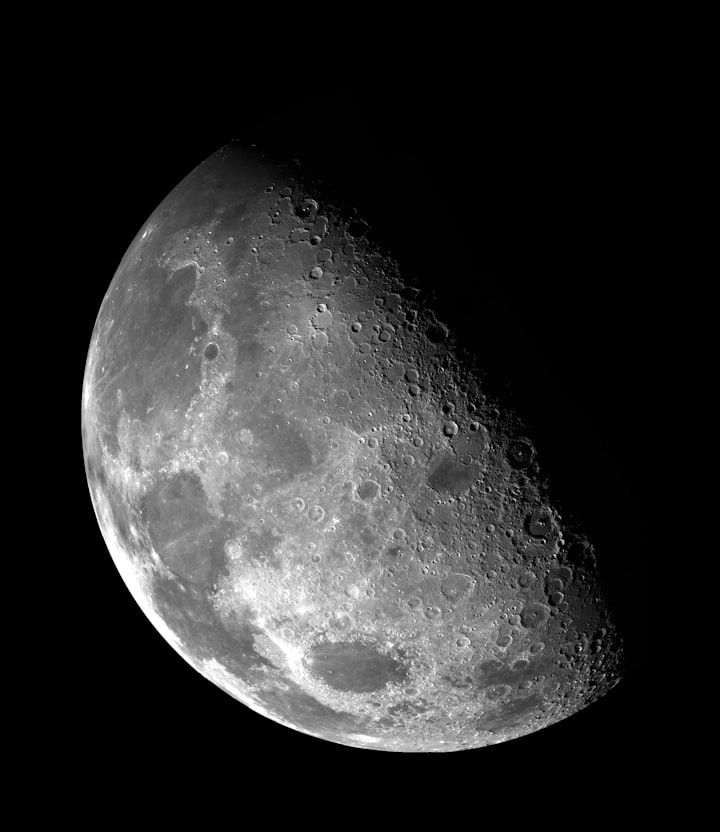Would We Look Weird To Aliens?
Here are four of my short-form articles. I hope you find them interesting and educational.

British spelling
1/4
We speculate on what extraterrestrials would look like; we've all seen Sci-Fi movies with strange-looking creatures. But we give little thought to the weird and diverse life that has evolved on our planet.
Would aliens be any stranger-looking than the complex life we see on Earth?
From the deepest oceans to the tallest mountains, life can exist and flourish.
One exception is the Atacama Desert in Chile, where some parts of the desert have seen no water for decades. Without that precious water, no life is possible.
I wonder what visiting aliens would think of all the different organisms that share our world.
Even the nice-looking girl in the image would be just another curiosity, but of course, they would notice how we humans have shaped our world with technology.
2/4
It gets no colder than absolute zero

Image credit, Francesca Hotchin Unsplash
Higher temperatures can get extremely hot. The core of the sun can reach 15 million degrees Celsius, which is nothing compared to the higher temperature scale.
Cold temperatures are more understandable.
Arguably the lowest recorded temperature on the surface of the Earth was at the Soviet Vostok Station, Antarctica, at a very cold -89.2 degrees Celsius.
But it can get a lot colder in the far reaches of outer space.
The dwarf planet Pluto is much farther away from the Sun than any of the planets in the solar system. Its surface temperature can be as low as -240 degrees Celsius.
It doesn't end there - absolute zero is the lowest temperature possible at -273.15 degrees Celsius or -459.67 degrees Fahrenheit.
3/4
Oxygen transformed the life on our planet
An adult human being inhales about 11,000 litres of air each day, 21% of that daily intake is oxygen.

Image credit, Mylene2401 from Pixabay
We use some of that oxygen to keep us alive; body cells depend on it for energy and growth.
If we go back far enough into the Earth's history, we find that there was little or no oxygen in the atmosphere or the oceans.
Long before the great oxidation event, microorganisms were living on the surface of our planet.
One of the most important was Cyanobacteria because they evolved a way of taking energy from sunlight (photosynthesis), and the by-product of that process is oxygen.
Regarding life, the arrival of oxygen was the most important thing to happen to our world. This new element triggered the evolution of far more complex life forms, including you and me.
4/4
Apollo 11. It was a very exciting time
Over 50 years have passed since Neil Armstrong said those famous four words, "The Eagle has landed."

Image credit, Taro Tsuji Unsplash
I remember looking up at the moon on July 20, 1969. I could hardly believe that two men were walking on its surface.
I felt so lucky to have been the age to witness and understand that great event, and I was so proud of the human race for what they had achieved.
As Neil Armstrong and Edwin Aldrin travelled down to the moon's surface in the lunar module, a third astronaut, Michael Collins, waited for them to return as he circled the moon in the command module.
It must have been a very long, worrying day for Michael, as there was a chance that he would be going home alone.
The end
-
To be honest, I am not an astronomer, cosmologist or biologist but my interest in the universe and life goes back many years. The information in my articles is to the best of my knowledge accurate.
-
You may find some of my easy-to-understand stories about the universe and life interesting and educational. Just go to my profile, enjoy
About the Creator
Unravelling the Universe
We can only imagine what our early ancestors thought as they gazed up at the night sky—were they curious about what the heavens had to hide?
Enjoyed the story? Support the Creator.
Subscribe for free to receive all their stories in your feed. You could also pledge your support or give them a one-off tip, letting them know you appreciate their work.






Comments
There are no comments for this story
Be the first to respond and start the conversation.